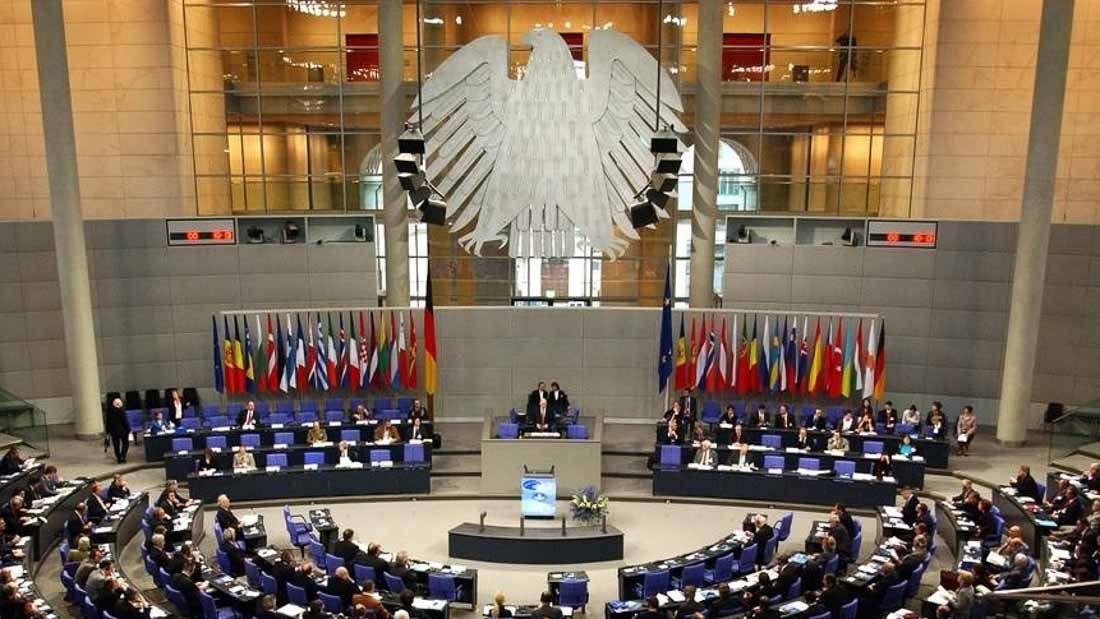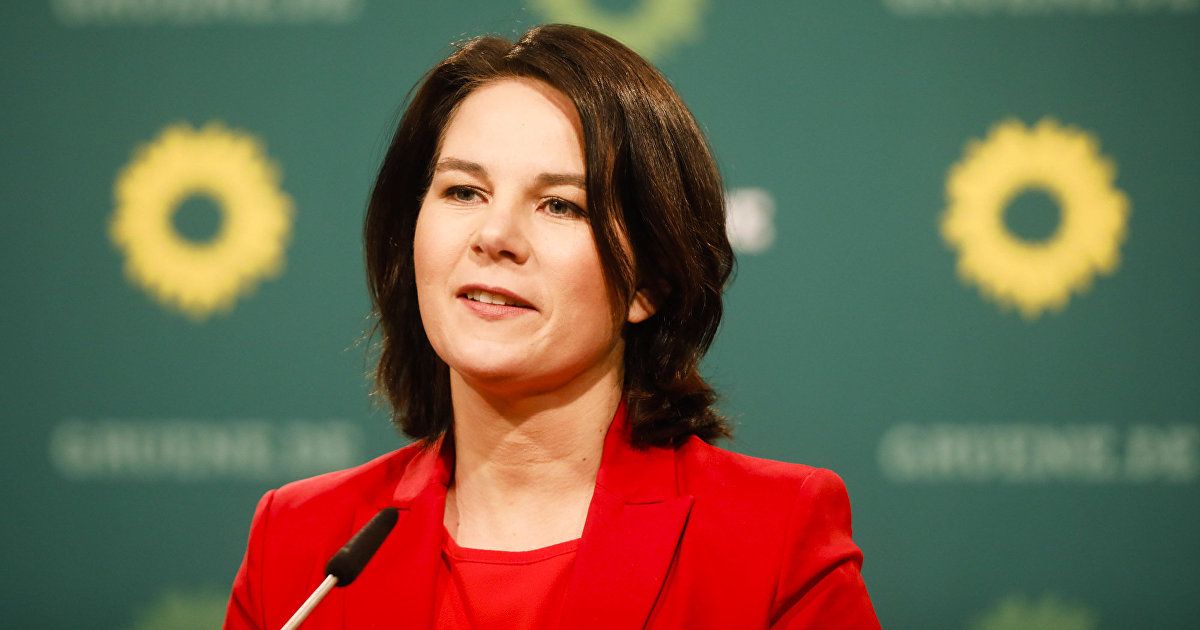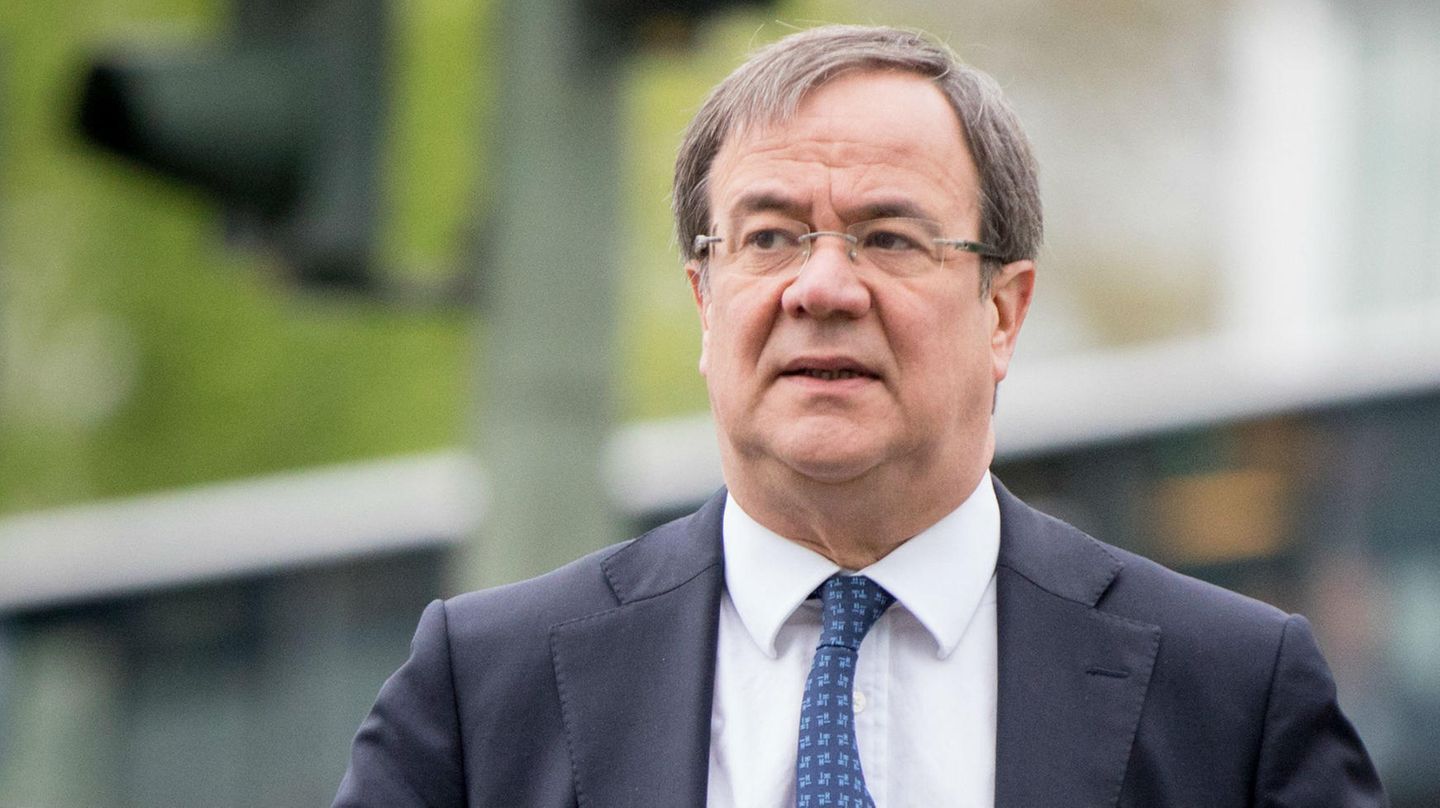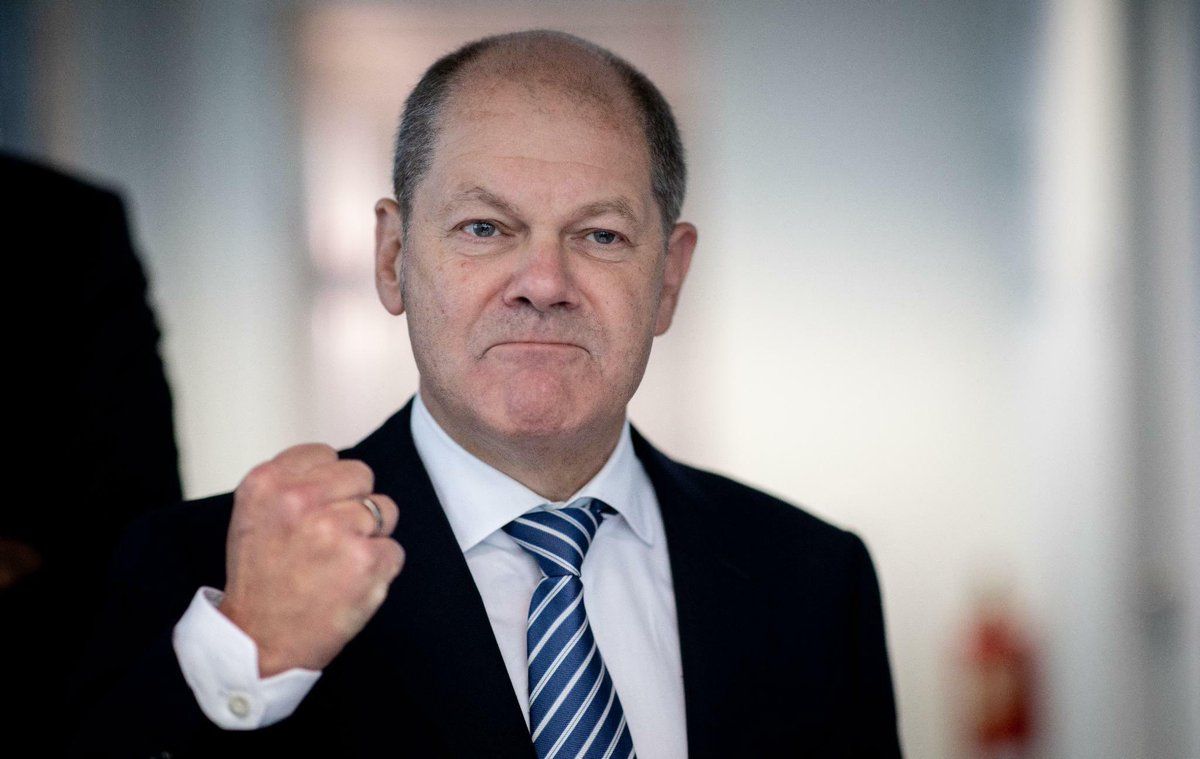What should Russia, Europe and the world expect from the German Bundestag elections?
According to the correspondent of The Moscow Post, elections to the German parliament - the Bundestag will be held next Sunday, September 26. No matter how they end, Angela Merkel will resign from her post as chancellor after 16 years of work. Together with it, a whole era of European politics will go away, but what will happen next?
First of all, let's explain the system itself for the inquiring reader. It looks like Russian. Since 2002, the Parliament of Germany has at least 598 deputies. It is formed according to a mixed system - half of the seats (299) are allocated to candidates who were elected in 299 single-member districts by a simple majority of votes, that is, by the majority system.
The second half of the mandates is distributed among candidates who passed the Bundestag on party lists, depending on how many votes a party received. Parties for elections to the Bundestag make up land party lists from their candidates: each of the 16 land party branches prepares its own list.
According to the size of the federal states, their party lists are included in the federal, led by a party candidate for chancellor. In 2021, the head of the CDU, Armin Laschet, took first place in the list of the Christian Democratic Union and its partner party in Bavaria.
The Social Democrats are led by Olaf Scholz, the current vice chancellor and minister of finance. From the Soyuz-90/Greens party, the candidate for chancellor in 2021 is its co-chairman Annalena Baerbock.

The new composition of the Bundestag will work in new geopolitical realities
Note an important fact - it is the deputies of the formed Bundestag who elect the federal chancellor, and not ordinary voters by direct voting.
Trends
Among the key forecasts are the "left turn" and the promotion of the green agenda, that is, the serious success of the greens. However, this forecast has been adjusted all summer, and it is clear that if the Greens take a significant share of the vote (now they are given at least 15%), then in any case it will be a coalition government - they will have to negotiate. And in this situation, the probability that the new chancellor will represent the Greens is extremely low.
Meanwhile, the "greens," no matter how strange it sounds, are the ones on whom anti-Russian forces rely. Surprisingly, during the election period, the Green pacifists called for tougher policies towards Russia on all fronts - these are sanctions pressure and restrictive measures due to scandals with the Russian pseudo-opposition, and other components of this already primed set.
In this sense, experts talk about a green turn in Germany, and in European politics as a whole. This, to put it mildly, is exaggerated. If this is a turn, then it is clearly not where anti-Russian forces count - radical politicians in Germany have enough support for the Russian Federation, but it is still not enough for their position to become decisive in EU-Russian relations.
Namely, Germany, together with France, are key players in the EU. Another funny fact is that the Greens categorically oppose Nord Stream-2, but for environmentally safe energy.
Such ambivalence - on the one hand, the categorical rejection of coal generation and the almost complete abolition of atomic, on the other hand, Nord Stream-2 and blue fuel from Russia, which they also fiercely criticize. And what will they drown, wood? Of course, this approach is not widely understood in German society.
Parties and leaders
So Merkel will leave. All political scientists note that after Gerhard Schroeder, she pursued a much tougher policy towards Russia. And, despite this, still remained a pragmatic politician and had a certain level of personal relations with Vladimir Putin. Their views did not coincide, but there was always mutual respect.
Merkel's departure will inevitably affect relations with Russia, as well as with Ukraine firmly attached to the topic. Meanwhile, it is not yet firmly clear which of the above politicians can replace it and what the outcome will be. As already mentioned, the green rating fell sharply by September.
This happened after the media discovered plagiarism in the book of Green Party co-chairman Annalena Bairbock, who was nominated as a candidate for chancellor, as well as inaccuracies in her biography and untimely declaration of income over 2018-2020 years.
 Green leader Annalena Berebock is the main critic of the Russian Federation in Germany, but she has no chance of becoming chancellor
Green leader Annalena Berebock is the main critic of the Russian Federation in Germany, but she has no chance of becoming chancellor
Then CDU Chairman Armin Lashet, for whom Merkel personally campaigns, took the lead in the polls. Lashet is considered her successor. But he also fell into scandal - on a trip to flooded areas of the country, he laughed in the background when German President Frank-Walter Steinmeier uttered words of support and expressed condolences.
These personnel caused indignation among the Germans. Amid the misses of competitors, Finance Minister Olaf Scholz, representing the SPD, strengthened his position. However, he clearly lacks either support "on earth" or resources for full leadership of his candidacy and political strength.
Apparently, the intrigue will be until the very end, but so far it is the SPD that is most likely to win the elections. According to recent polls, the SPD rating is at 25%. It began to grow at the end of July, and in August equaled the CDU/CSU rating and even exceeded it.
Crucially, the SPD adheres to pro-European positions in its policy, including in a geopolitical context. Just what Merkel was reproached for - which seemed to be pro-European, and on the other hand often went in the fairway of the policies of her American partners. But with one major exception - Nord Stream-2.

Armin Lachet is Angela Merkel's successor and protégé, but he is unlikely to take her place
Whoever won the election except for the Greens, there will be no revision of the project, it is completed and extremely beneficial to European consumers. So in this regard, the point of no return has already been passed.
According to the latest polls, the CDU/CSU bloc has 19% of the vote. The rating of the block from February 2021 began to decline intensively (at the end of January 2021 it was 36%). Many Germans are unhappy with how the authorities are coping with the consequences of the powerful floods that covered parts of the country this summer. In the event of a landslide victory, you can not expect that policy towards Russia will change much. Unless the general trend towards policy subjectivity is realized.
Globalist-oriented "Greens" now in the polls can get up to 17% of the vote. They are in favor of tightening policy towards Russia, if not for its complete revision in the direction of the degradation of bilateral contacts. However, they will have to block, but in any case their voice will sound and will be important with key votes.
They can conditionally be considered the main conductors of American policy towards Russia. True, this policy itself is gradually changing due to a reorientation to China.

Olaf Scholz is one of the leaders of the SPD and one of the main candidates for the post of chancellor
Among other political forces, the Free Democratic Party is a liberal party that advocates low taxes, reduced bureaucracy, individual freedoms and human rights. The candidate for chancellor from the party is Christian Lindner. According to polls, their rating is 13% of the vote, but with a high degree of probability, several percent of three majors will bite off it.
What to expect?
Summarizing, a coalition government will most likely be formed with the dominance of the SPD, where the CDU will be in second place and the three leaders of the Greens will be closed. Depending on the political situation, they will support either the CDU or the SPD.
In relations with the Russian Federation, the defining trend should be the normalization of political contacts while maintaining and deepening bilateral economic projects.
In addition, none of the parties, except the Greens, advocates continued active support for Ukraine and the Baltic countries - the main geopolitical pain on the European flank of the Russian Federation. Support for the pro-American government in Kiev will decline.
This means refusing to further expand the European Union, and trying to level the voices of Poland and the Baltic countries in the common European choir. After Merkel, German, and, more broadly, European politics will unfold "inward," and not left at all. And all this happens against the backdrop of the collapse of the US political and military presence around the world, not counting the APR. The focus on the United States will decline, as will the role of NATO in the pan-European security system.
And this means new prospects for ideas such as, for example, the pan-European army, strengthening energy security and, possibly, new approaches to solving the migration crisis. Is it beneficial for Russia? It is beneficial for Russia to remain in power, albeit not friendly, but pragmatic forces. So far, everything is going to be that way.




.jpg?v1632718183)
.jpg?v1632718183)
